
Urban agriculture can promote bee communities in tropical megacities
A research team led by Göttingen University scientists compares biodiversity across rural and urban landscapes.
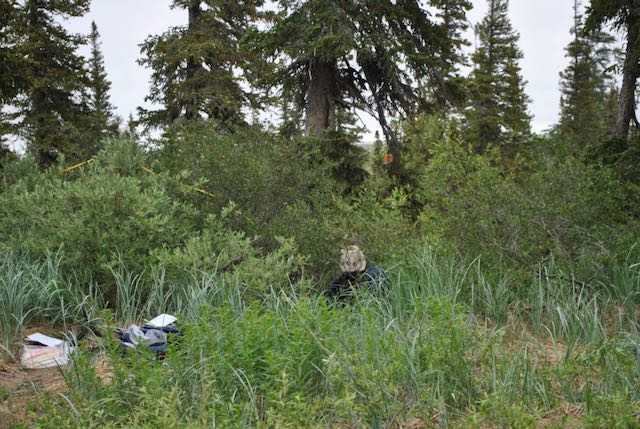
(September 13, 2022) – A study published in Ecosphere reveals that trees growing on and around the sites of fox dens, especially long-established fox dens, grow faster than trees without vulpine intervention.
Read More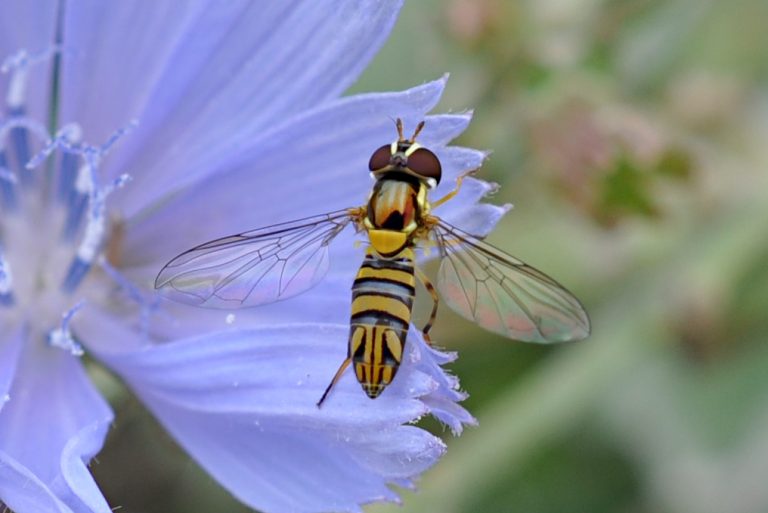
(July 19, 2022) – Scientists have documented long-distance migration for the first time in several species of North American hover flies, some of the continent’s most important pollinators.
Read More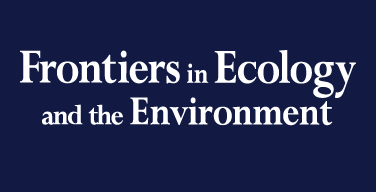
A staggering 57% of threatened species need targeted recovery actions to ensure their survival, new research has shown.
Read More
A research team led by Göttingen University scientists compares biodiversity across rural and urban landscapes.

New research shows how the availability of kelp detritus alters the foraging behavior of urchins from passive feeding to active grazing on living kelp.

A new study identifies benthic cyanobacterial mats as a possible refuge for Black Band Disease pathogens on coral reefs.

Balancing how much protein you eat with the amount your body needs could reduce nitrogen releases to aquatic systems, air and water in the U.S., according to a study from the University of California, Davis.

Biologists at Washington University in St. Louis have determined that tree beta diversity matters more for ecosystem functioning than other components of biodiversity at larger scales.

A new study has shown there could be around eight to ten times as many ancient and veteran trees in England than currently recorded.

A new study led by the USDA Forest Service’s Pacific Northwest Research Station examines the context surrounding the 2020 Labor Day fires in western Oregon and Washington.

A study from the Missouri Ozarks highlights the importance of spatial aspects of biodiversity for healthy functioning of naturally occurring forests.
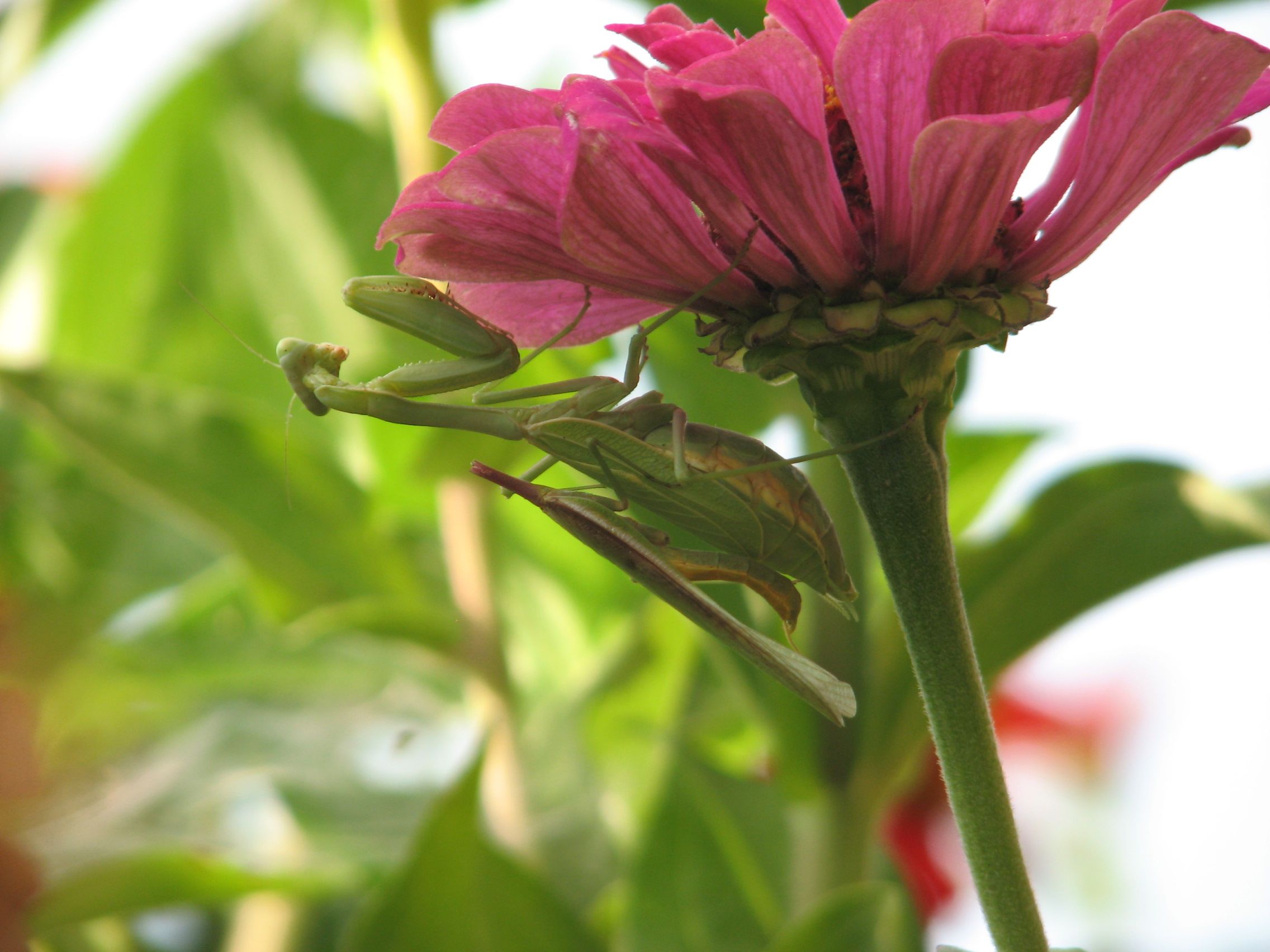
Ecologists have discovered the array of factors that underlie a population’s fluctuating cannibalism rate.
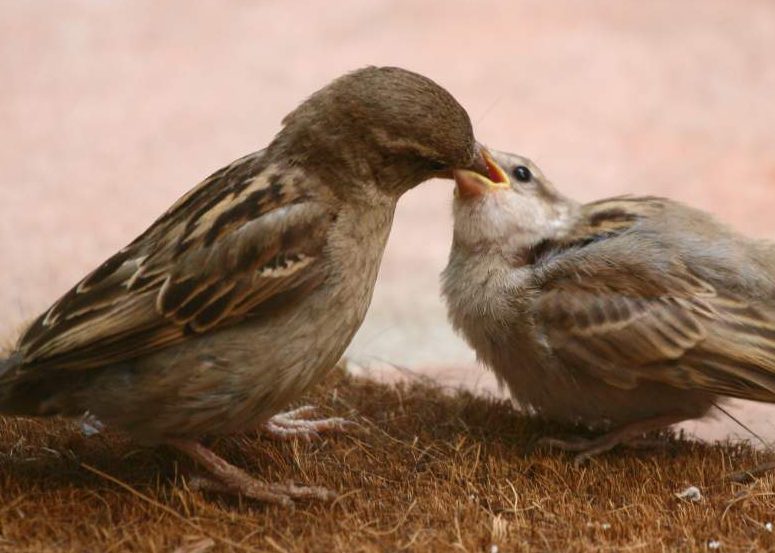
A new study from the University of Nevada, Reno shows that house sparrows’ health closely correlates with urban density, and that sparrows are carrying surprisingly high loads of lead in their bodies.

A team led by the University of Washington has produced the first comprehensive report of the impacts of the 2021 Pacific Northwest heat wave on shellfish.
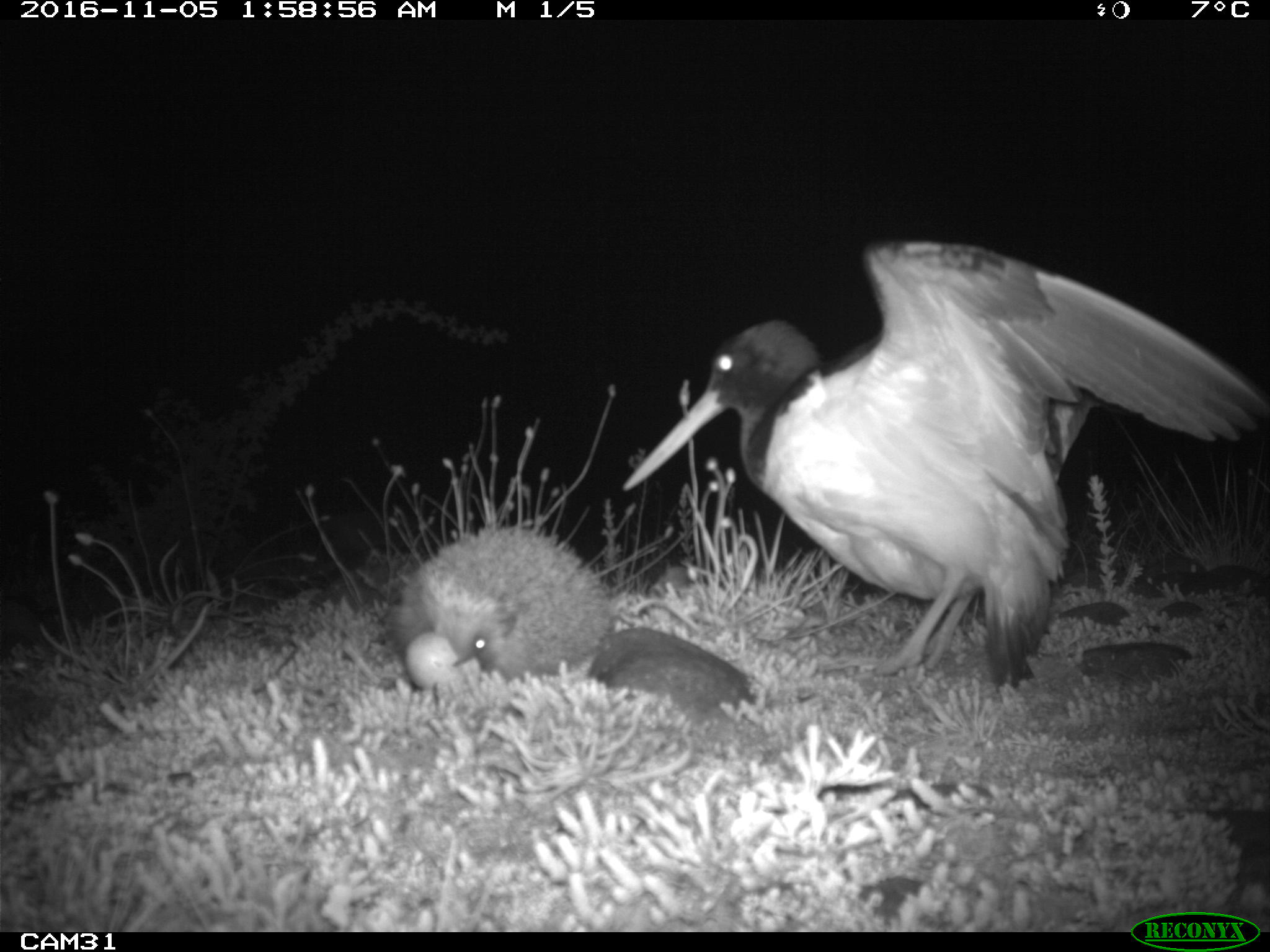
Behavioral ecologists have discovered a way to harness animals’ olfactory ability to protect vulnerable plants and endangered animals.

New research from the Voyageurs Wolf Project shows that some wolves were much better at ambushing and killing beavers and, in turn, altered more wetlands than other wolves.

An international study argues that the conservation of aquatic fungi has not been given due importance, and needs to be urgently recognized as a management priority.
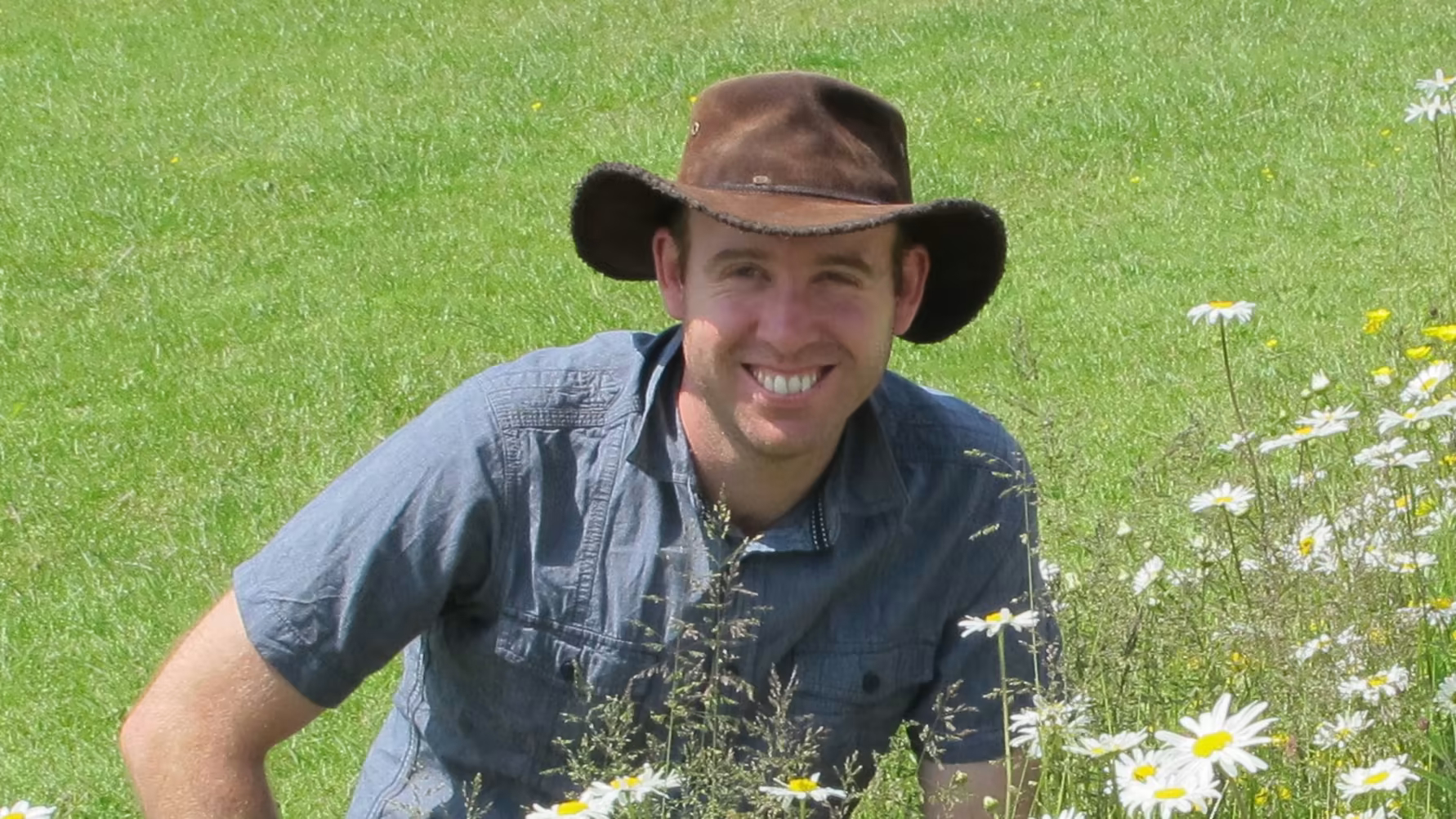
Dr Mark Goddard, an urban ecologist interested in biodiversity conservation and the provision of ecosystem services in cities, is a co-recipient of the Sustainability Science Award from the Ecological Society of America.

New research reports evidence of a gall-forming aphid, Mordwilkoja vagabunda, defending itself against predators – a first for this species.

A new paper addresses the problem of a lack of attention towards aquatic fungi as potential conservation targets.